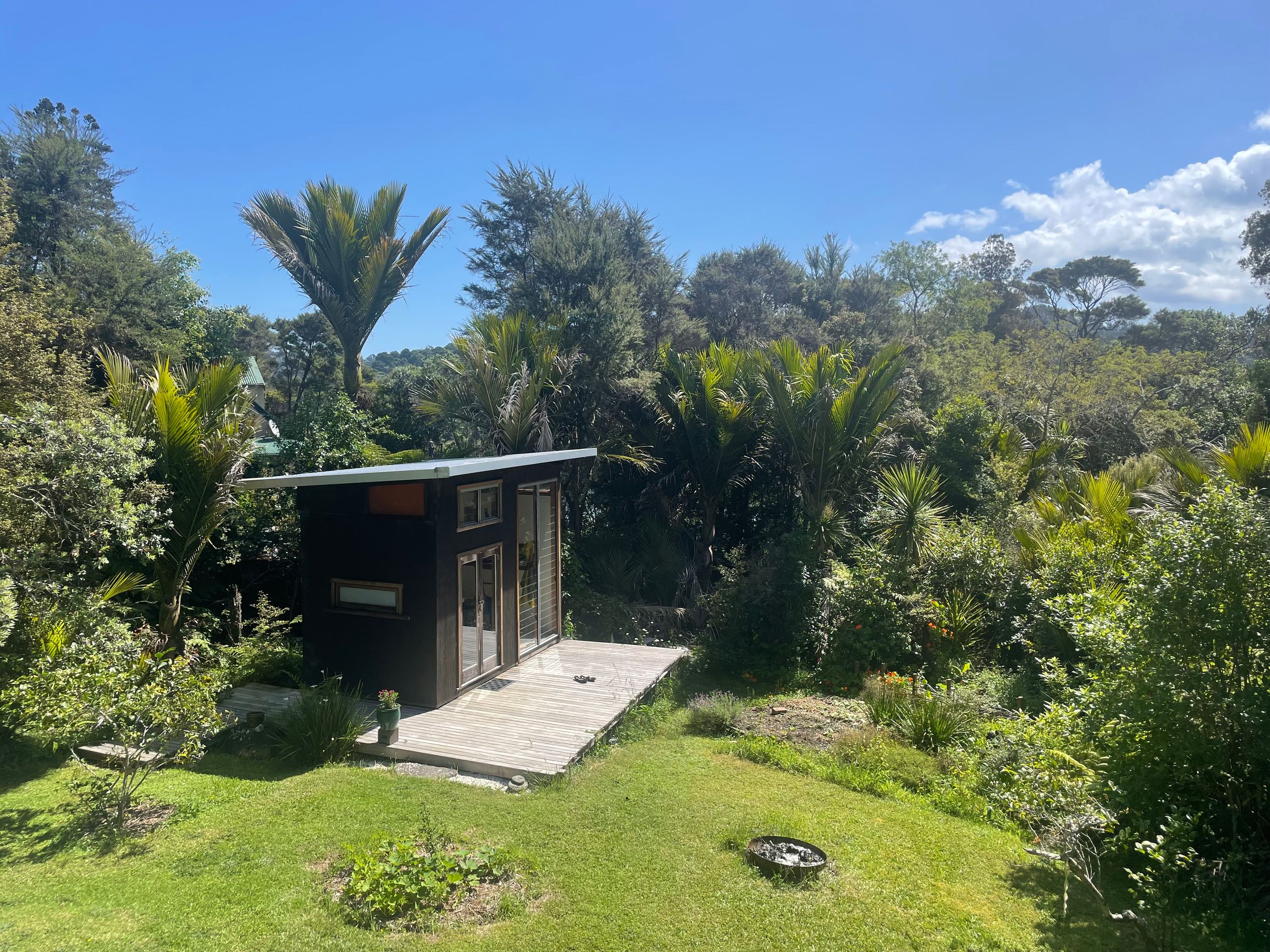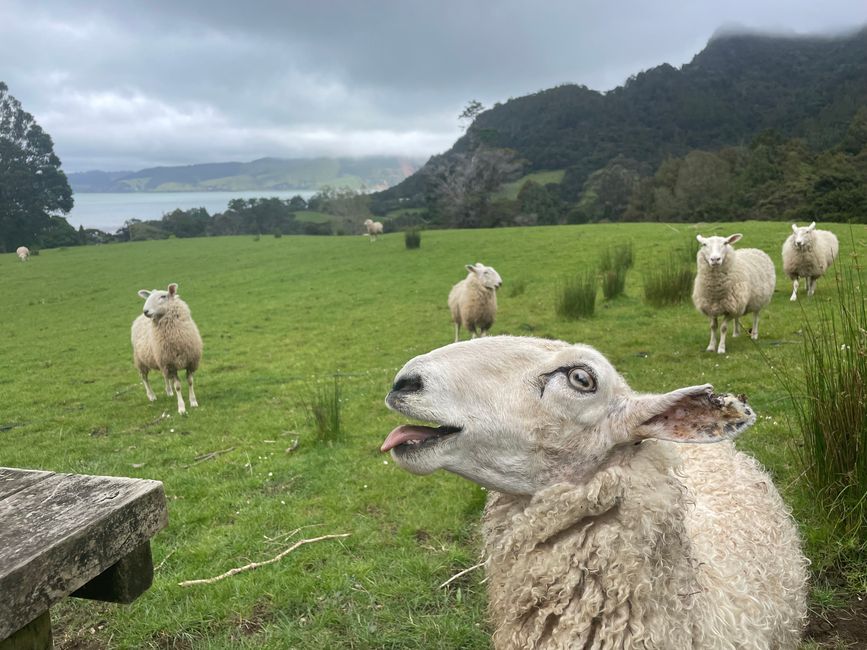Borneo
Објавено: 19.05.2023
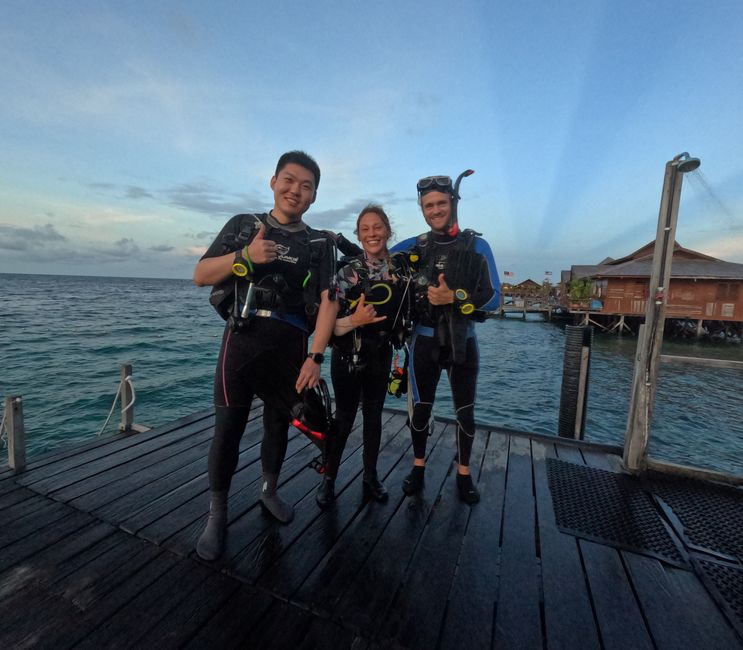
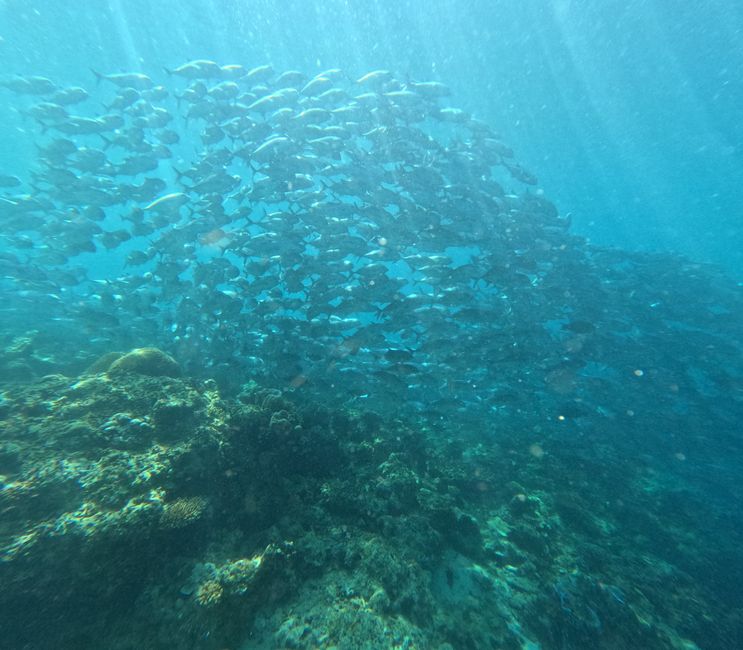
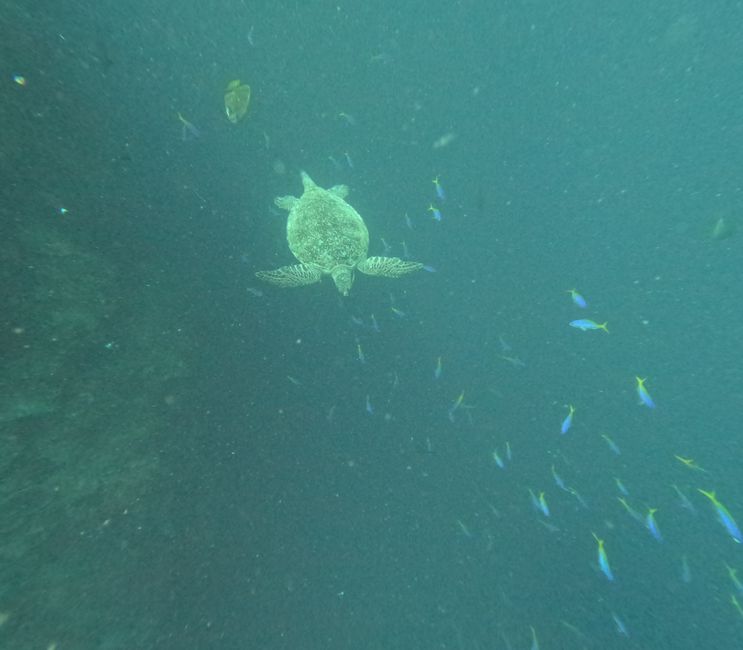
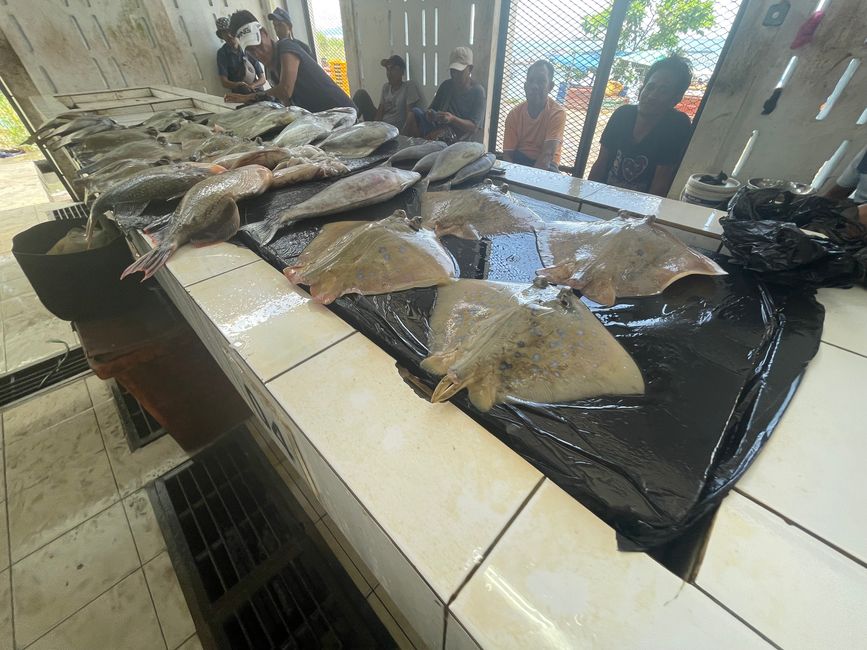
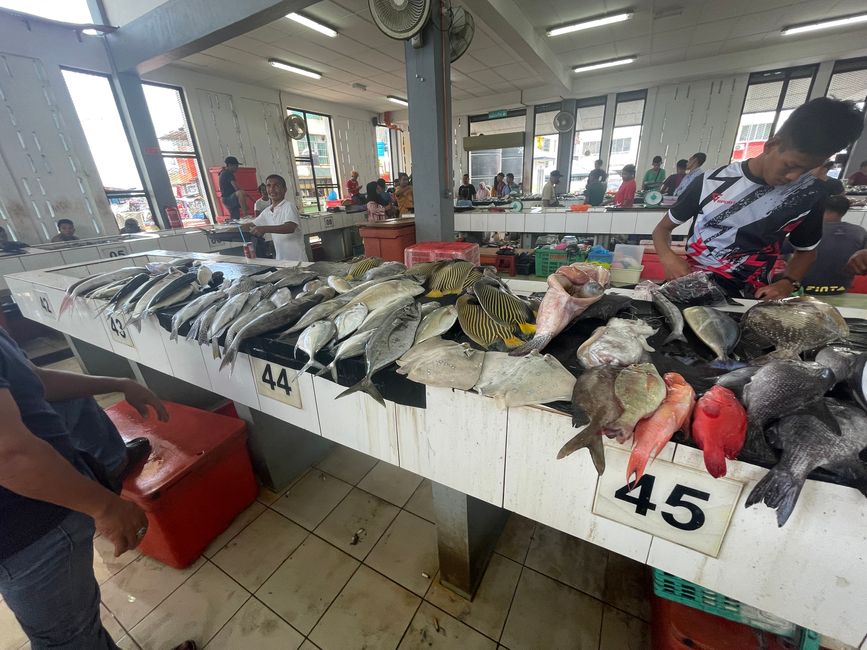
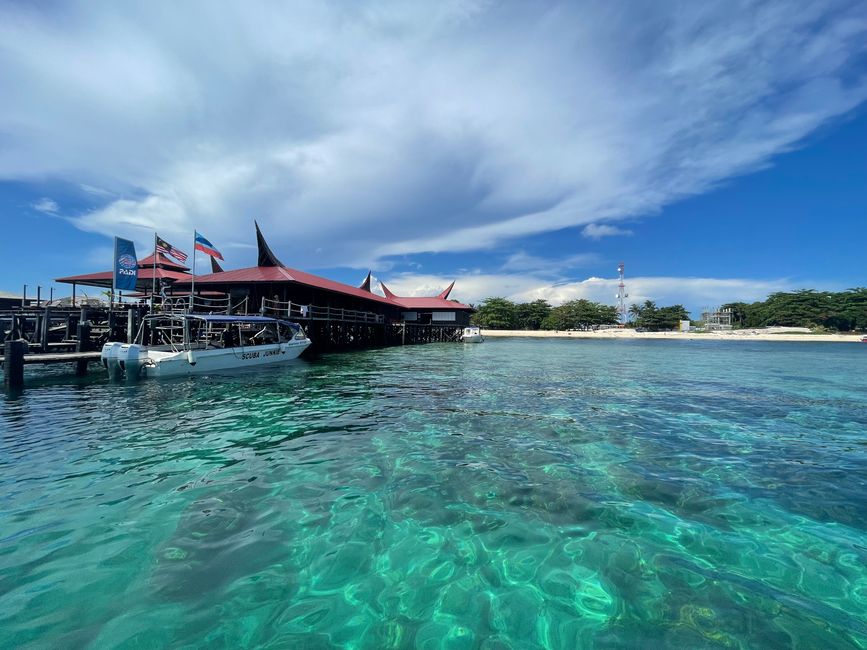
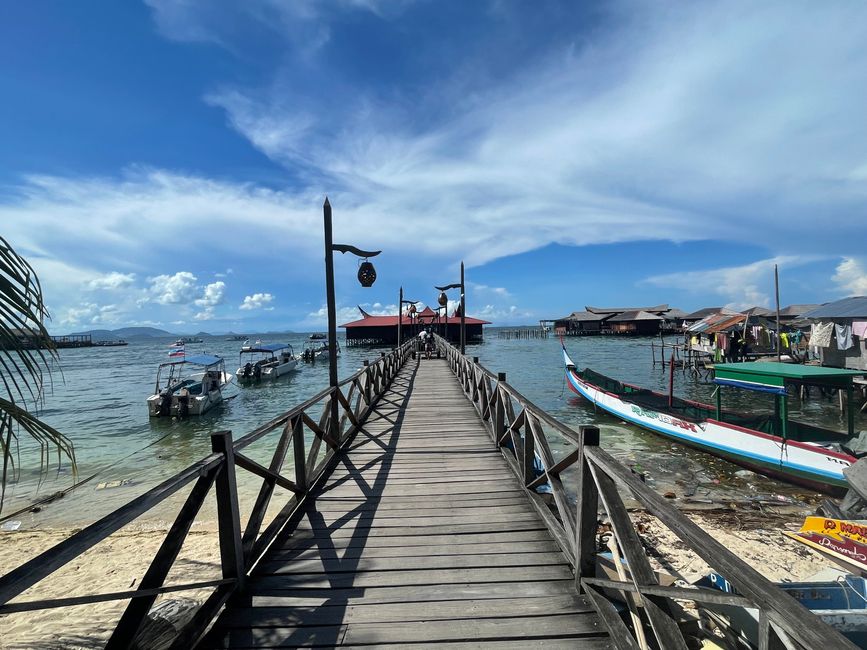
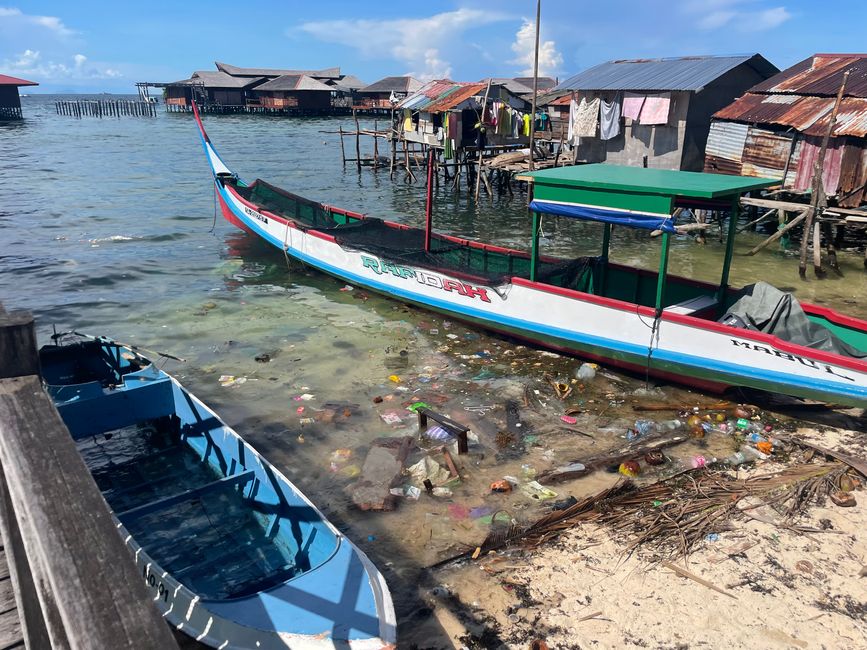
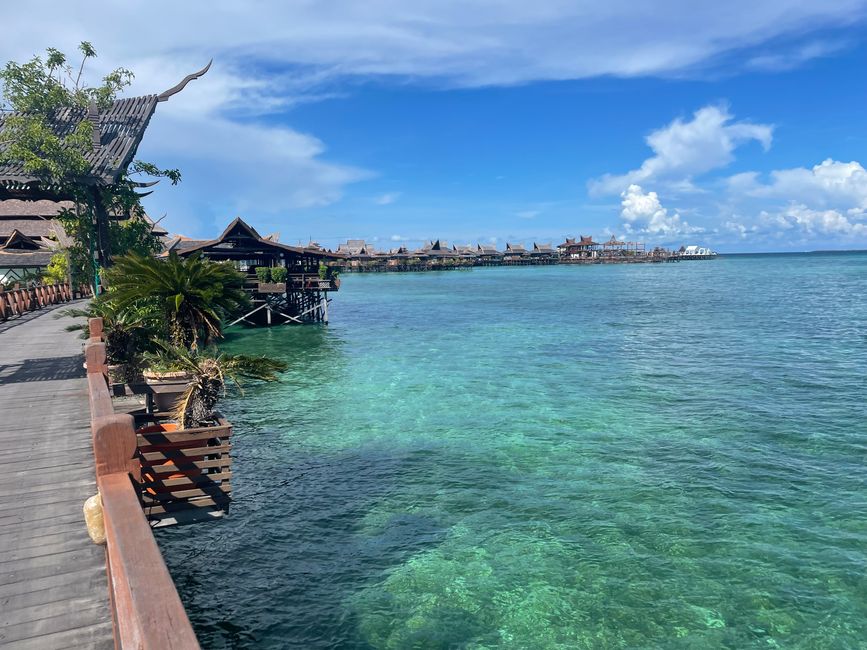
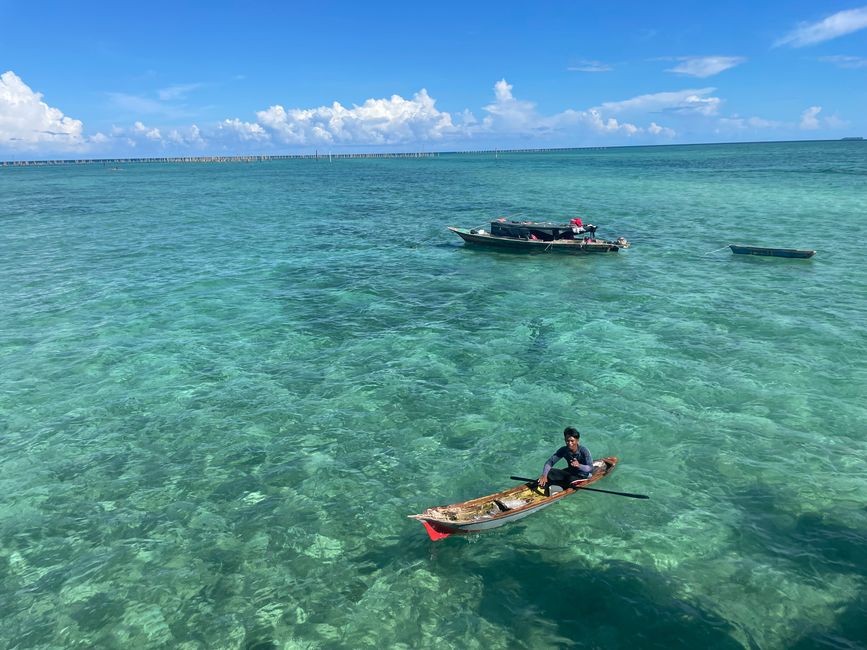
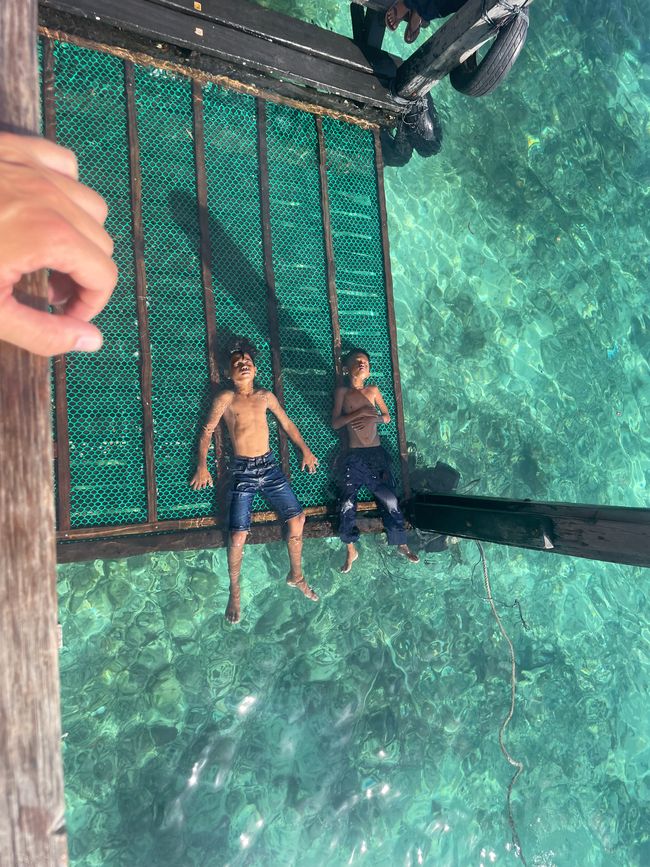
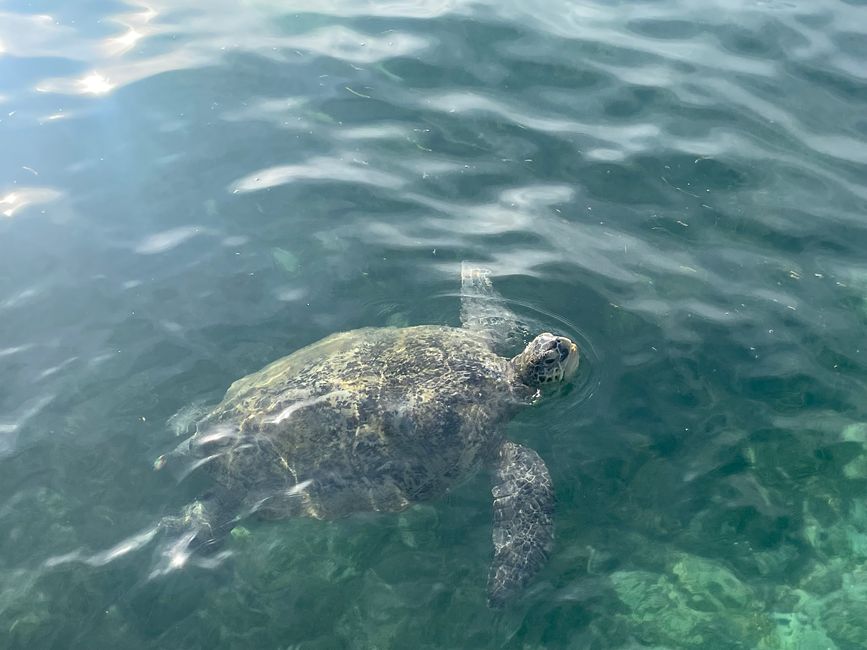
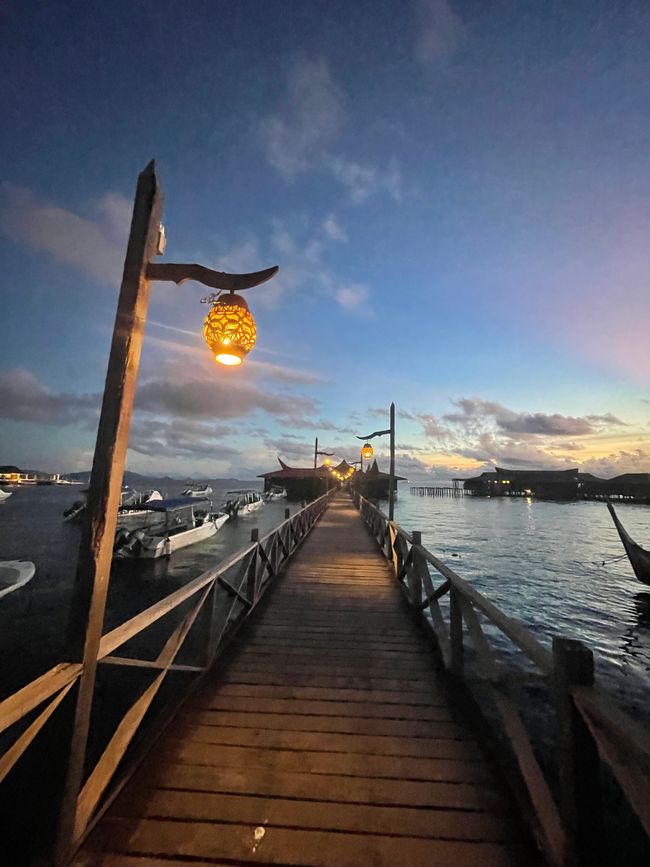
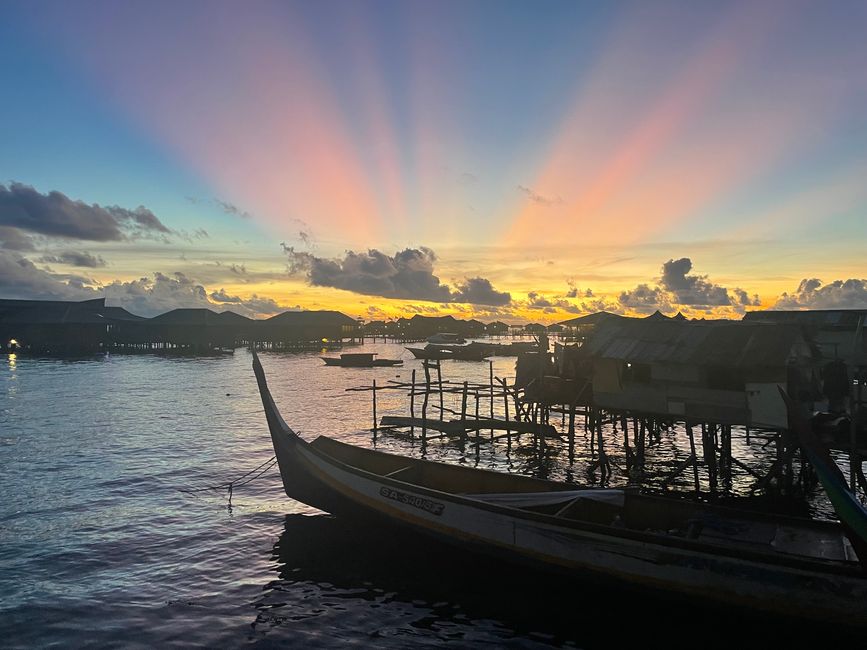
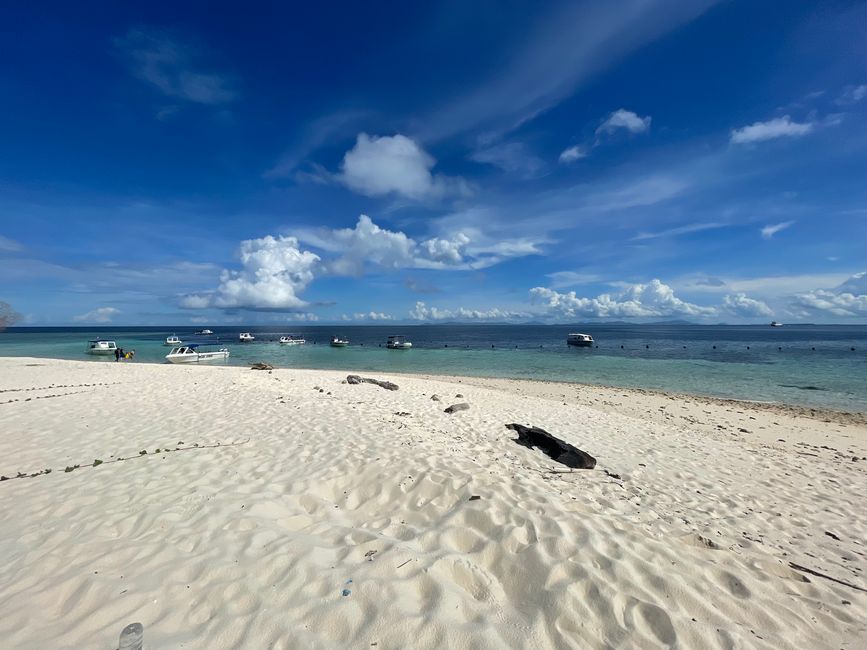
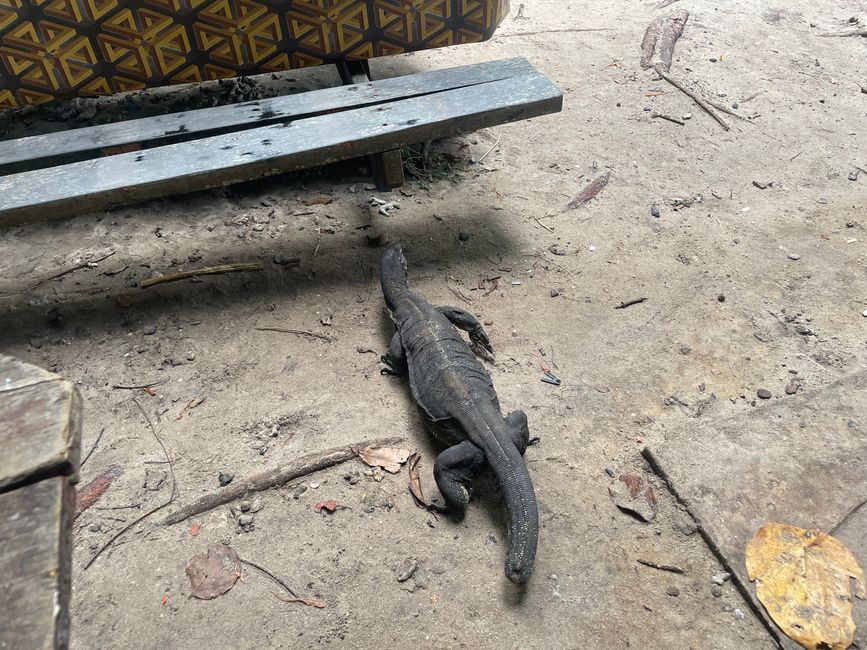
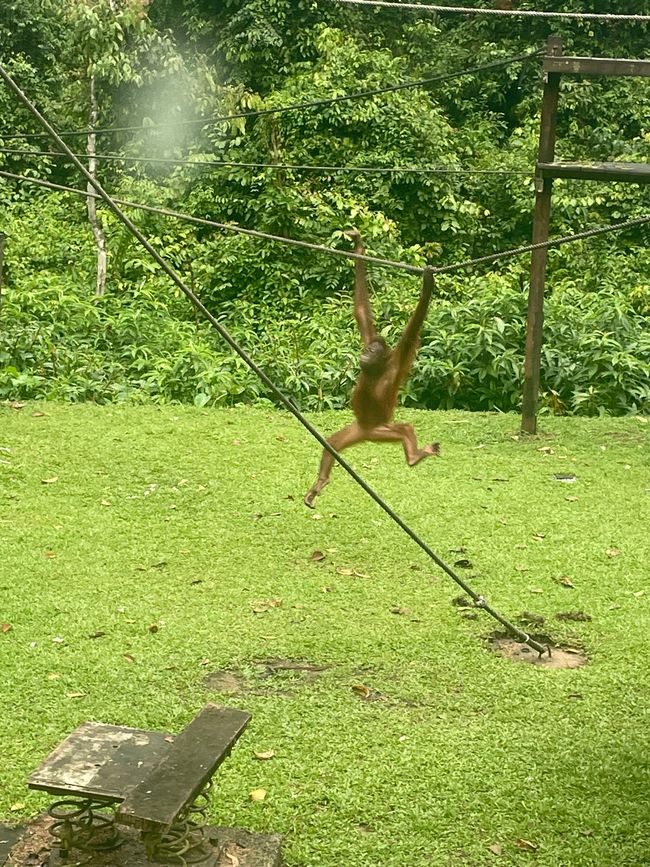
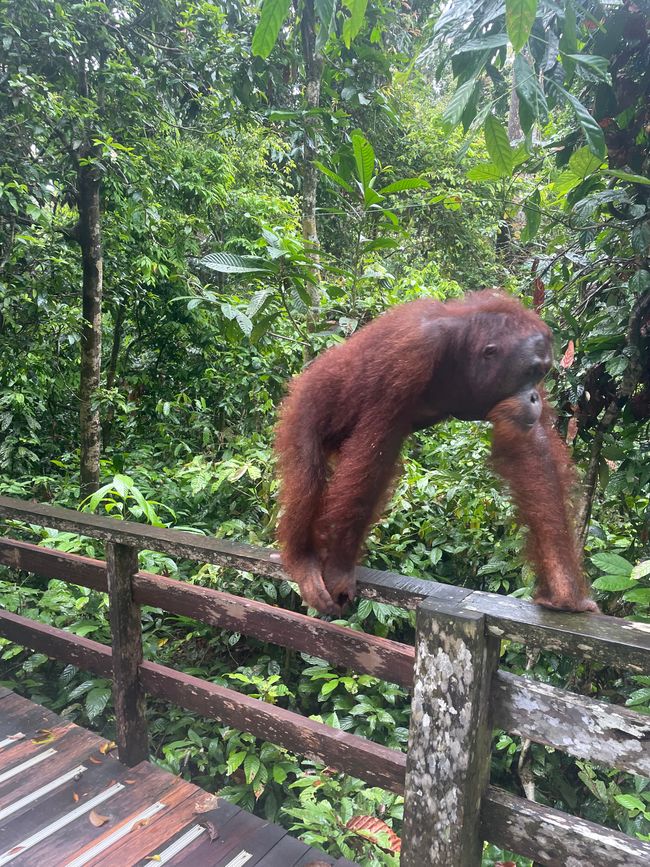
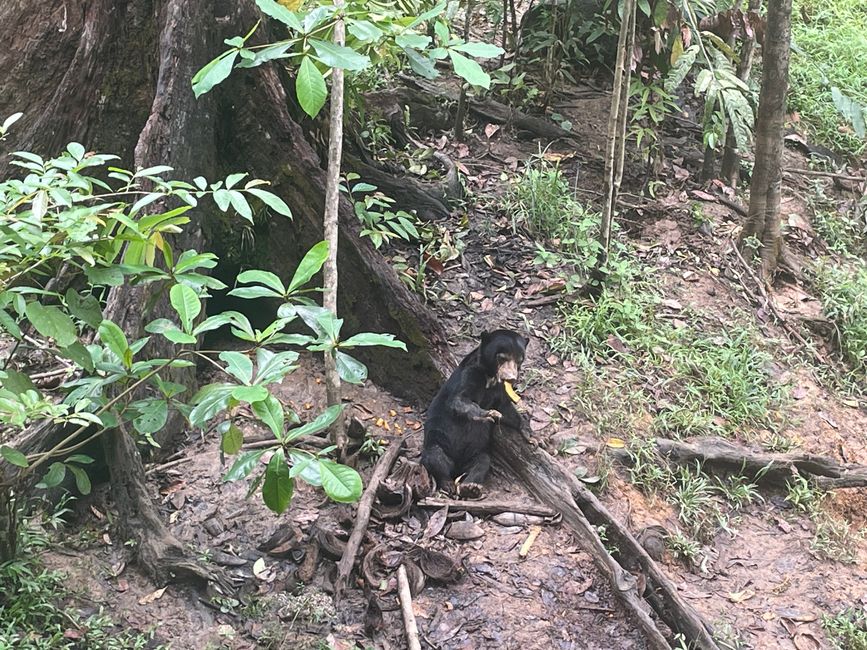
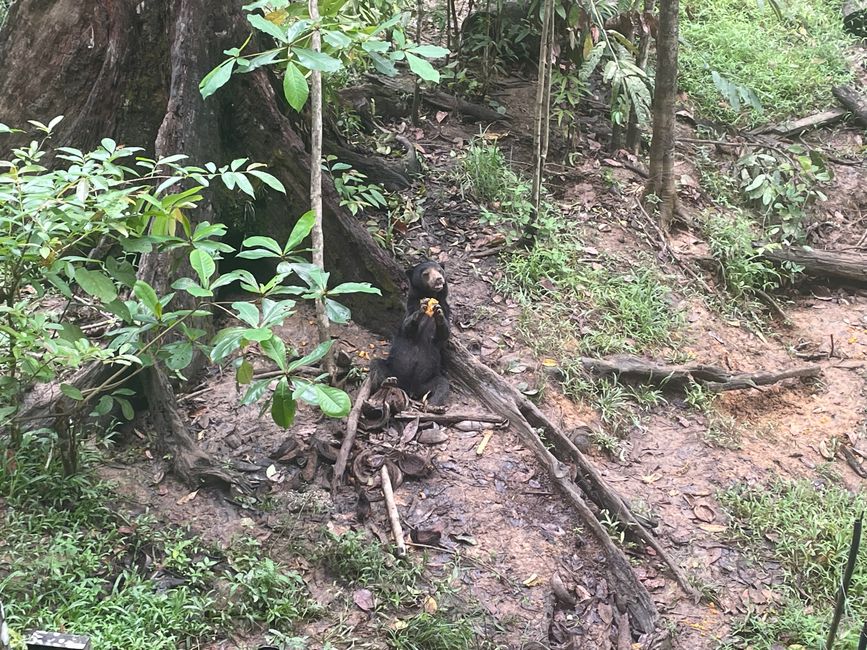
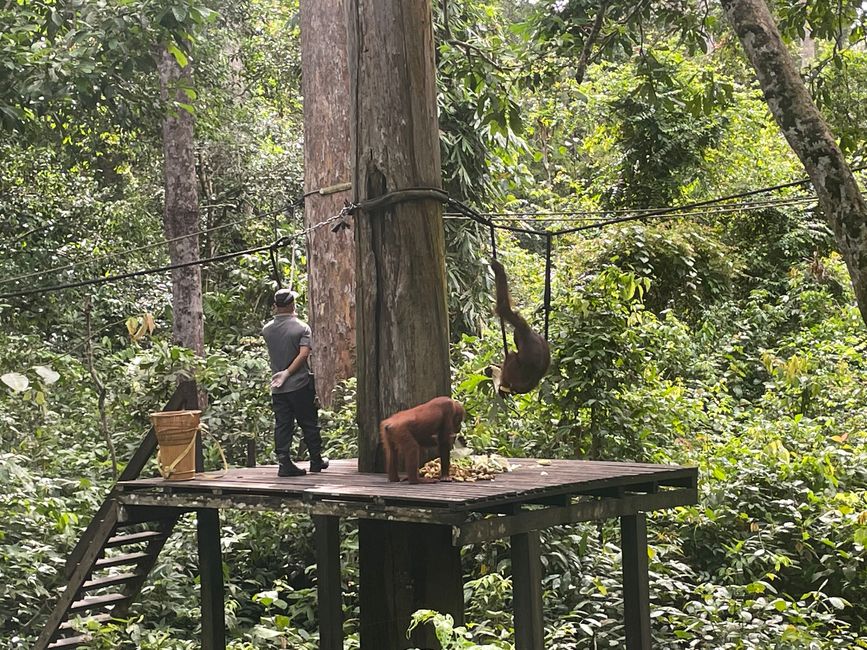
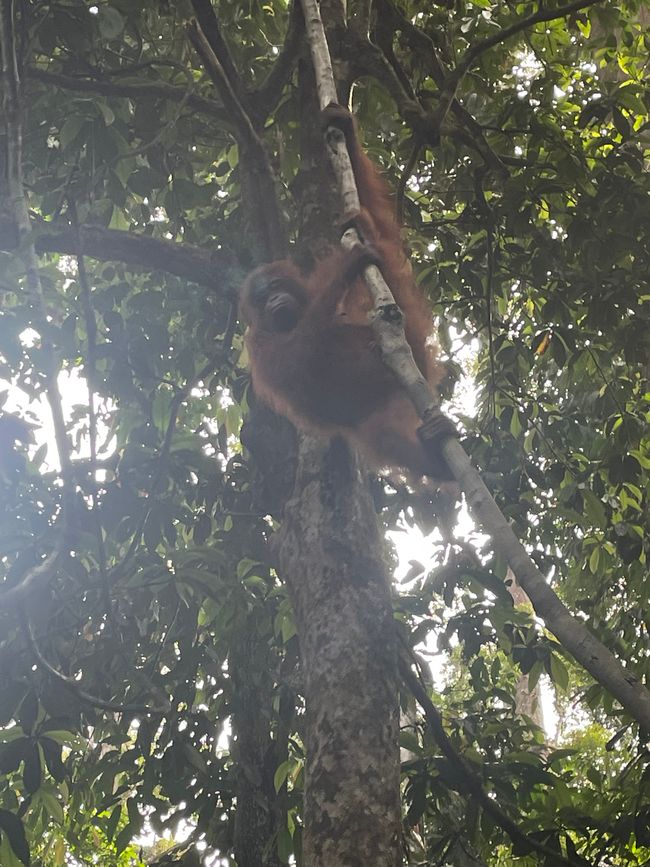
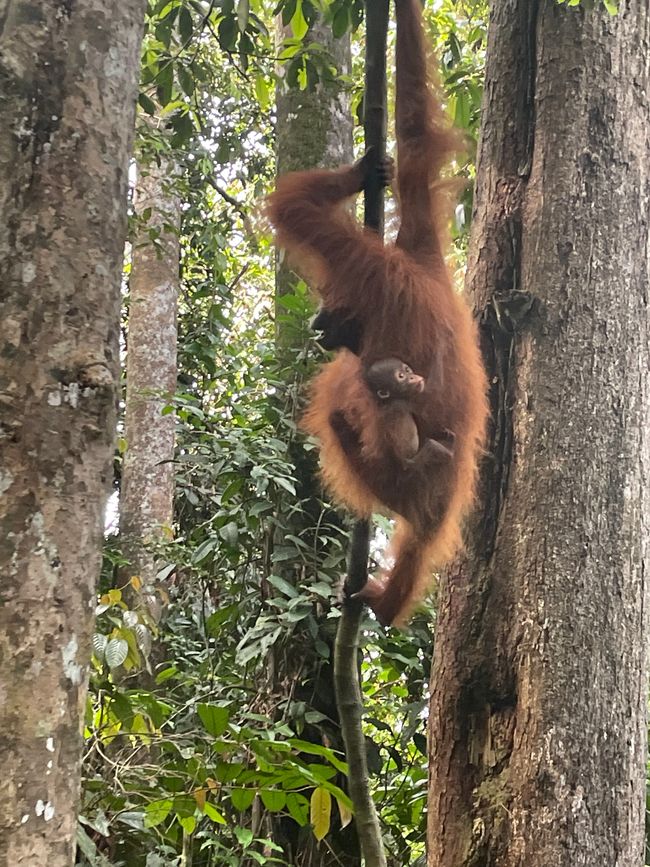
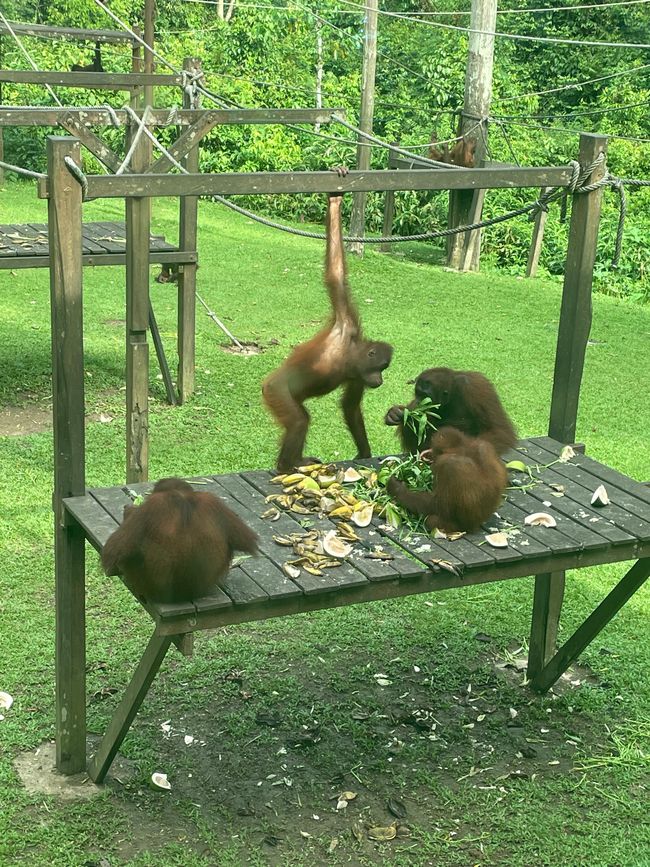
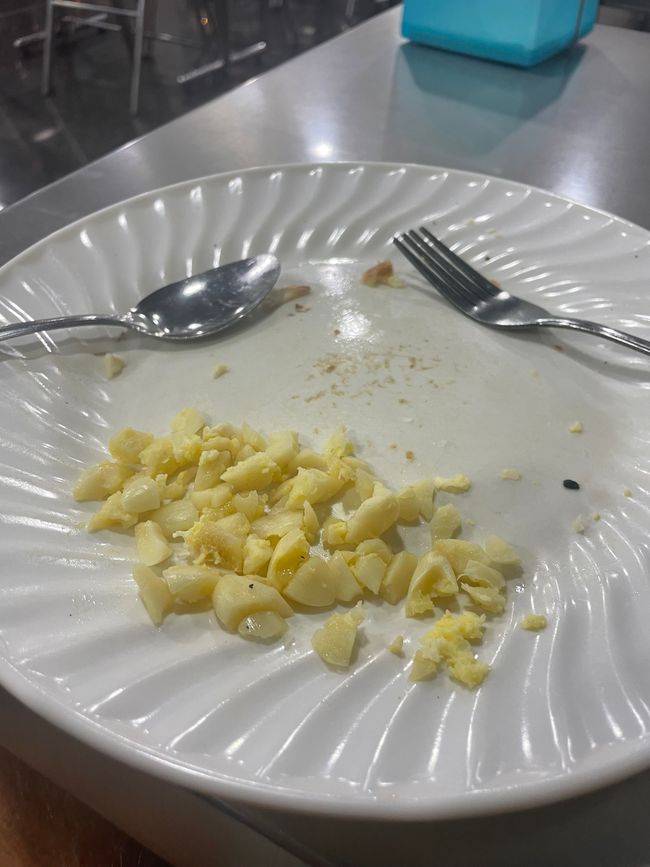
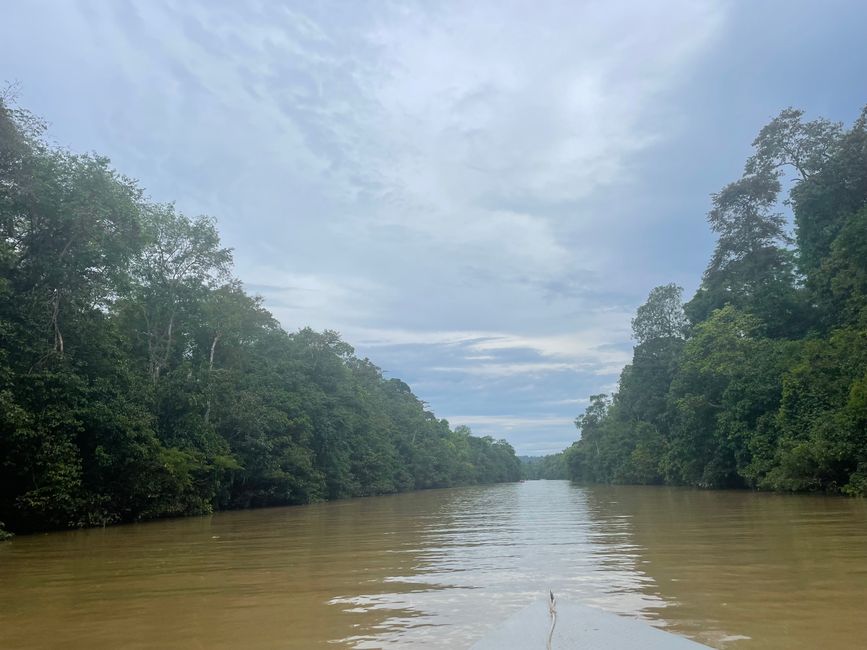
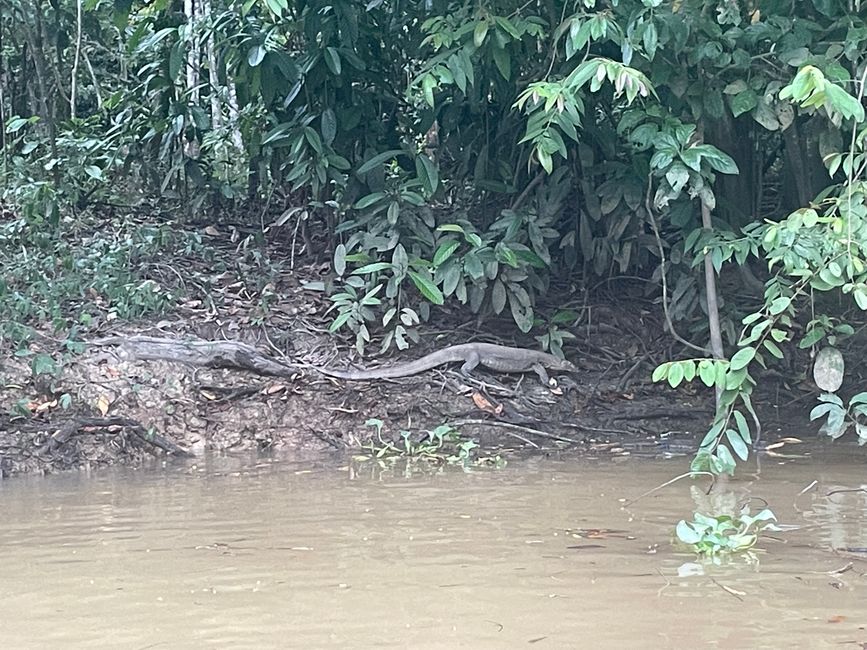
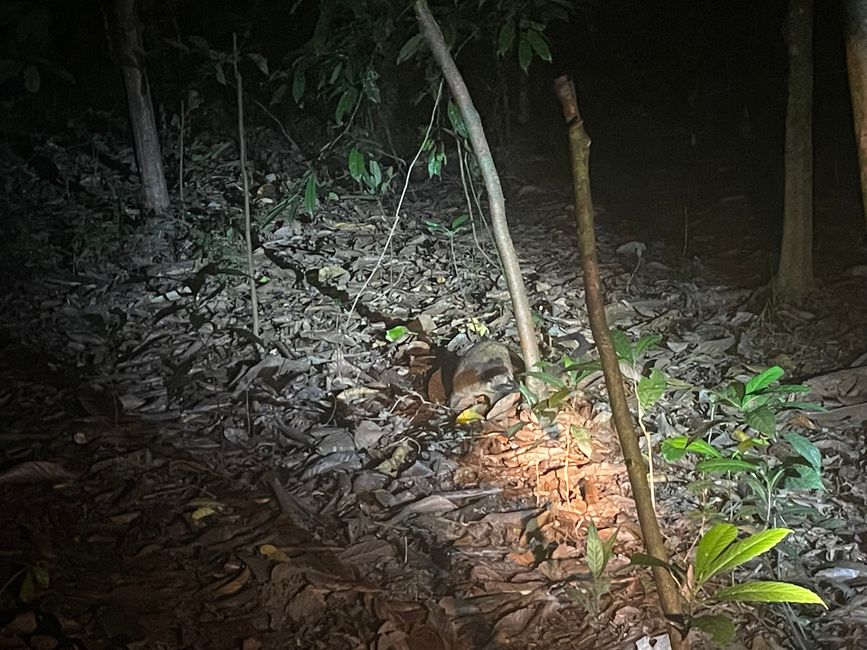
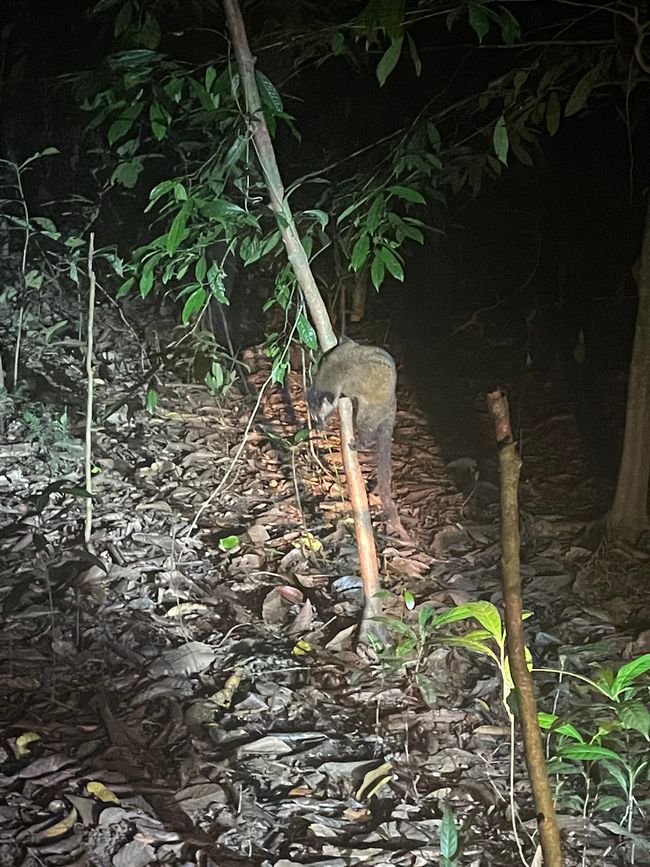
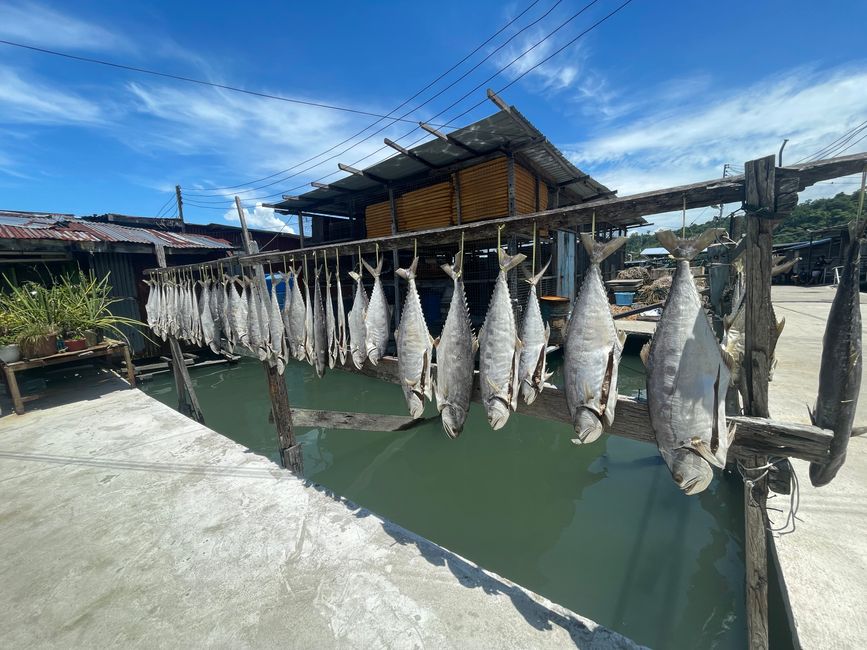
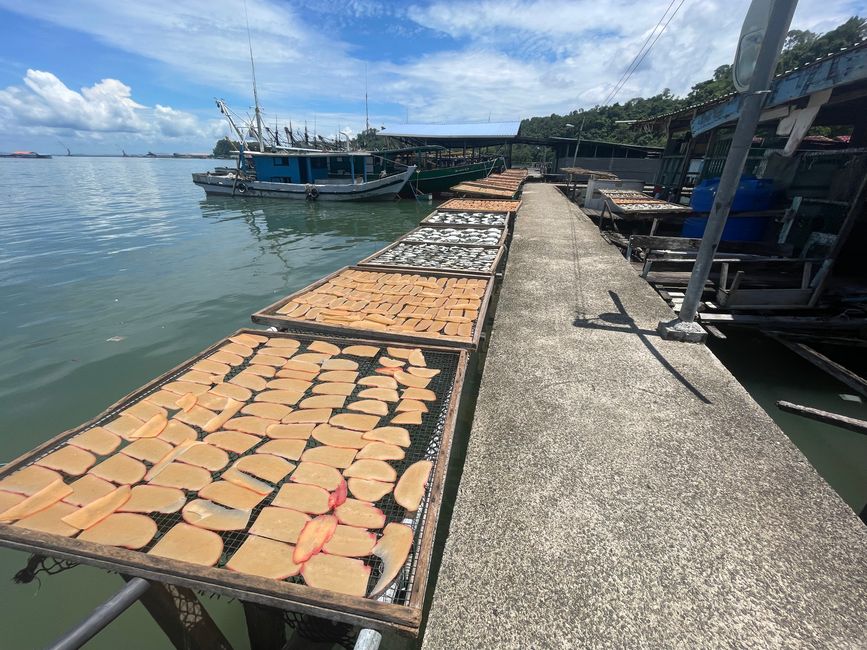
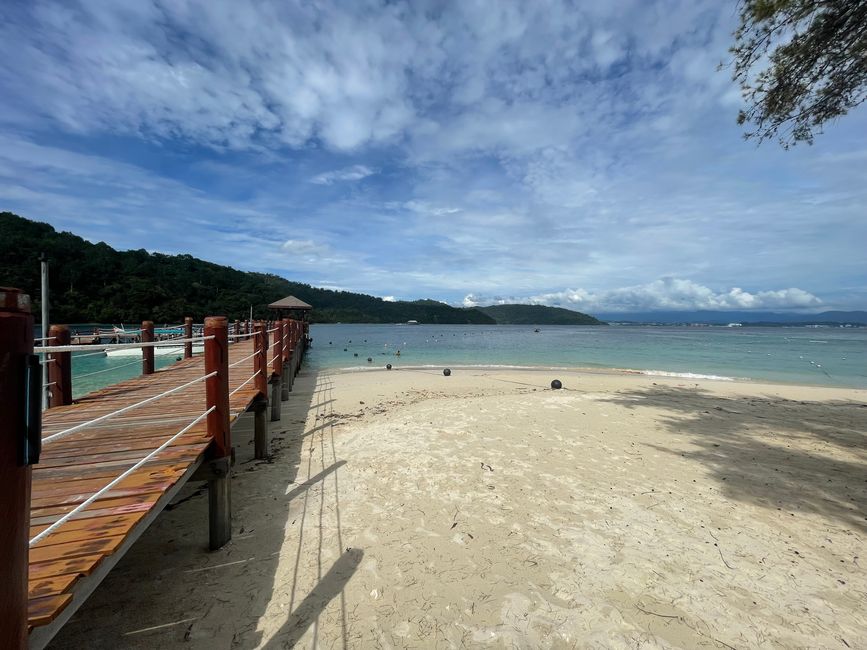
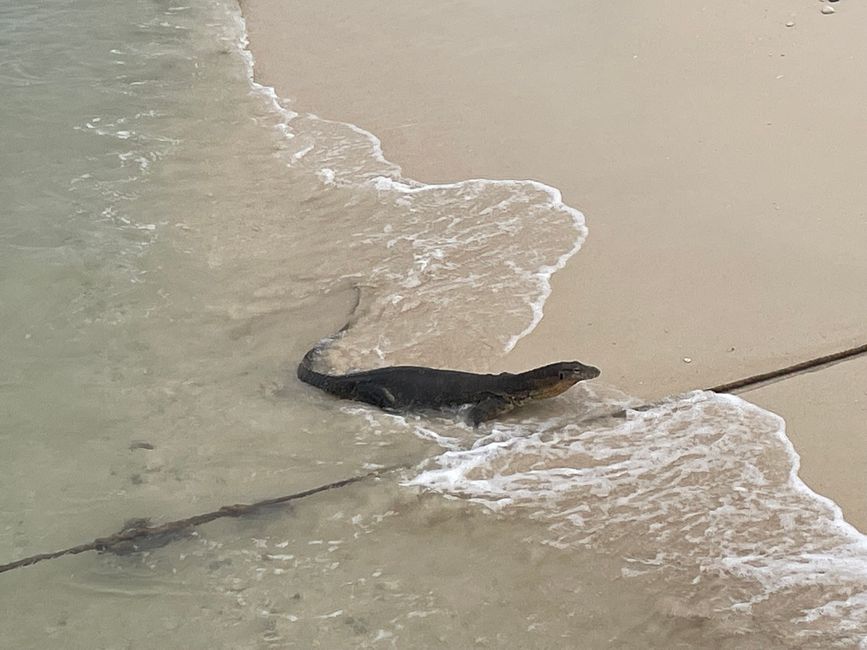
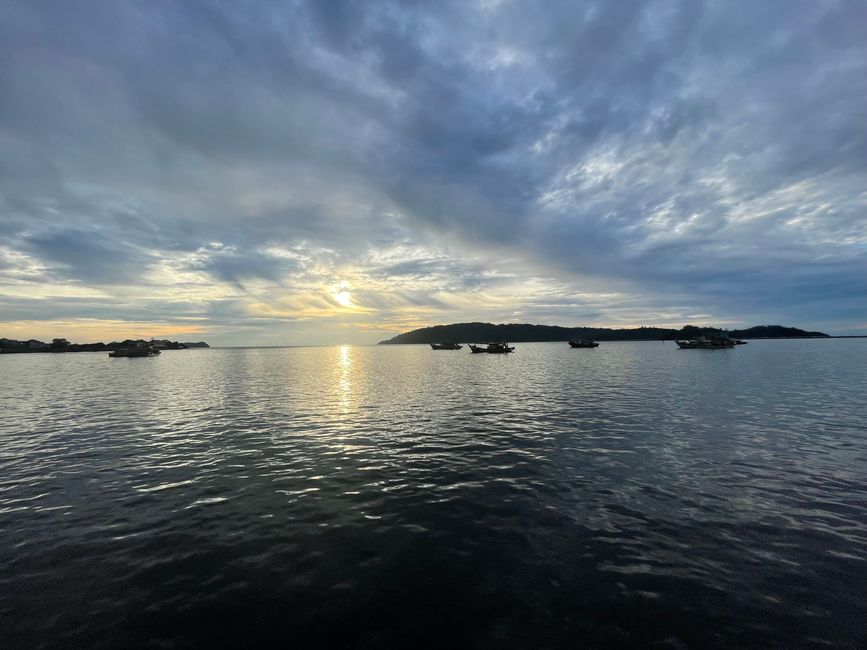
Претплатете се на билтенот
Borneo is an island where part of Malaysia, part of Indonesia, and Brunei are located. I flew to Kota Kinabalu, which belongs to Malaysia, took a Grab, which is the equivalent of Uber, from the airport to the bus stop, and booked a bus ticket to Semporna. After a night and some potholes, I arrived in the dirty and musty Semporna in the early morning after a 12-hour drive. I checked into a hostel here for 5 Euro per night and was curious to see what one of the most beautiful diving spots in the world looked like away from the absolutely polluted city. The next day, I first went to Mabul Island. There, I completed my Advanced Open Water Diver course within 2 days, which is a requirement for Sipadan, the famous diving island. Mabul is a tiny island with a few dive resorts and 2 local villages. And it was bizarre to see how on one side of the wall, everything was well-maintained and refurbished, while on the other side it was very dirty and rundown. The same picture can be seen underwater, which they tried to divide with a net. It's absurd how they can't manage to raise awareness among the local people about pollution and support in disposing of garbage in order to protect the entire paradise.
Well, after 5 dives for the necessary Advanced course around Mabul, focusing on buoyancy, navigation, depth, current, and night dives, and already witnessing an enchanting underwater world, I went to Sipadan on the 3rd day in the morning. The geographical location makes Sipadan and its underwater world so unique. On one side of the island, there is a trench that drops to 600m, while on the other side there is a trench that drops to a depth of 2500m. This creates an enormous wealth of marine life, attracting divers from all over the world. Particularly impressive are the huge schools of fish that are often carried in circles by the currents and the many different species of sharks, with hammerhead sharks being one of the highlights.
I was with 2 Chinese tourists who were disproportionately present in Semporna, and our guide Andy in a small group. Our first dive spot was Barracuda Point, as there were supposed to be schools of thousands of barracudas there. We were deprived of seeing them, but many different sharks, turtles, and other marine creatures crossed our paths. After a short lunch break on the island, we dived at South Point next. Barely had we plunged into the water when Andy urged us to look down. And there was a huge school of jackfish, a type of mackerel, to be seen. We descended directly and followed them. The hammerhead sharks did not appear here either, but I was very grateful for all the other fascinating underwater creatures and plants that I had the chance to see. The last dive was in a spot between Mabul and Sipadan, where different tectonic plates converge and form a deeper trench. Andy had seen whale sharks there a month ago, which were migrating along the area. Although fate prevented me from seeing them again, it was still a beautiful dive. I can't really put into words what happens underwater. The underwater world is so colorful, diverse, and has created creatures that I would have assigned more to fantasy worlds or science fiction. And according to science, the underwater world is less explored than space. In addition, there are species whose intelligence and consciousness are estimated to be higher than that of many other animals due to their curiosity, eye contact, and general behavior. With the images of the beautiful underwater world and its unique creatures in my mind, I suddenly started to doubt whether I should really continue fishing or reach for a can of tuna on my next trip to the supermarket.
Then I booked a bus further north to Sandakan, where there should still be jungle with a colorful wildlife. The bus ride this time was not as fast, probably due to the condition of the bus. All the warning lights were blinking and we stopped every 2 hours to cool the brakes with cold water. Arriving safely in Sandakan, I booked a minibus for the next day to Sepilok, where there are rehabilitation centers for sun bears, orangutans, and soon elephants. Sun bears are the world's smallest bears, named after a small white spot on their chest. Through a small treetop path, you could watch the bears eat and sleep. Most of the bears in the rehabilitation center were rescued from captivity by families who kept them as pets. The orangutans could be observed in a huge open enclosure at two feeding stations. It was very impressive to watch these primates eat, climb, play, and interact with their fellow species. I was particularly impressed by their relaxed nature and hope to integrate some of it into my future daily life.
As it was one of the main attractions and everyone did it, I also booked a river tour on the Kinabatangan River. With a minibus and a short boat ride, you arrived at your accommodation. From there, you went on 2-hour boat tours, searching the riverbank and the trees by the riverbank for proboscis monkeys, macaques, orangutans, elephants, crocodiles, large lizards, kingfishers, and the hornbill. Usually, the monkeys retreat to the trees by the riverbank in the evening hours, as it is cooler and more protected from potential enemies. So we went on tours in the evening hours and in the morning hours. And yes, we could see the magnificent proboscis monkeys with their oversized noses and the playful macaques. But we also saw very small crocodiles, the hornbill, and many different species of kingfishers. At night, we went on a hike and saw several banded palm civets hunting, which I would classify as a mixture of a cat and a marten. Overall, the tour was quite nice. But with the background information, it was also quite sad and sobering. It felt like being really in the jungle on the river. But there was a map at the accommodation that showed that it was really only a narrow strip of real jungle, surrounded by palm plantations used for palm oil production. Once again, it is sad how a beautiful nature with a multitude of living beings has to give way to capitalism.
The last few days, I spent in Kota Kinabalu, where I did some island hopping and sailed from one overcrowded island to the next with a very meager underwater world. So it was nice to splash around in the water for a bit, but I really enjoyed it only in the late afternoon when most people had already returned to the mainland and some peace and quiet returned to my last island.
According to the travel advisories by the Foreign Office, due to repeated terrorist attacks in recent years, a visit to Borneo, specifically the Malaysian part, should be avoided. I had already booked my tickets when I heard the warnings. So I had a queasy feeling in my stomach the whole time, even though many locals reassured me. And towards the end, I finally became a victim of an attack, and my queasy feeling in my stomach increased many times over. I was sitting on a typical warm afternoon in one of the local restaurants, and I was just ordering my third Roti Canai, a flatbread that comes in different variations. I enjoyed the first one with egg, the second one with garlic, and the third one, because the second one tasted so good, I wanted it with garlic as well. After the fourth forkful, a powerful fire started in my stomach, and I was on the verge of exploding. The cook either meant well or maybe not so well with me and put what felt like 2 bulbs of garlic in the bread and disguised them by chopping them up and rolling them in dough. But I managed to escape with a burning belly and prevent worse things from happening, and I left Borneo very much alive towards Indonesia.
Претплатете се на билтенот
Одговори
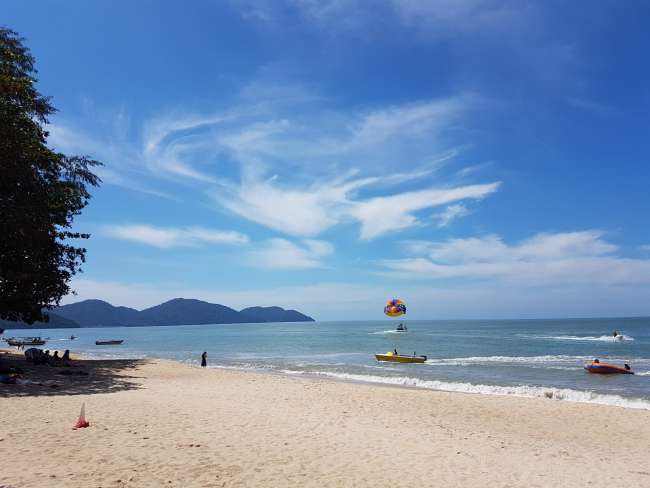
Извештаи за патување Малезија
